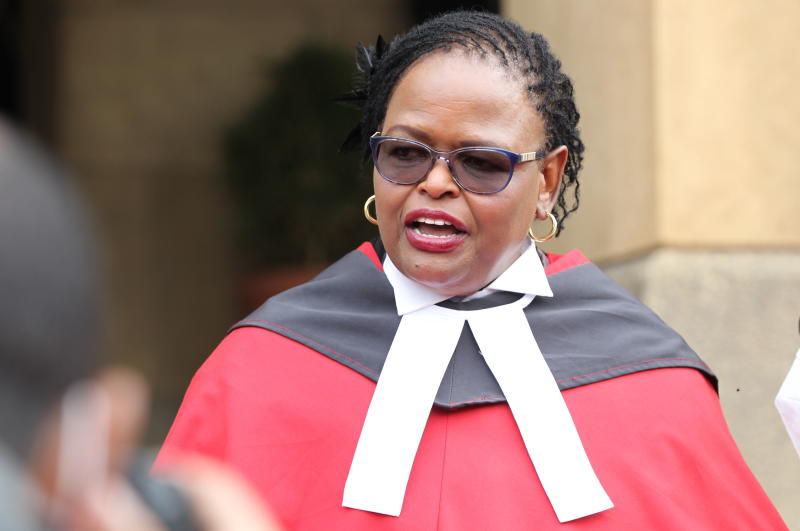Can Kenyan politics ever be non-toxic?
- Spotlight East Africa
- Oct 12, 2020
- 3 min read

The events the last few weeks are an ominous sign of the type of elections that Kenya may have in 2022. As a country we have been here before. Bravado, charged campaigns, hate speech and violence. Considering that this is happening close to two years before the General Election and long before the campaign period has been declared, one can only shudder at the nature of our politics and the character of the political class.
Kenya has spent more than a decade working on making its politics more issue-based, its Constitution more democratic, its elections less divisive and its society more united.
The Constitution made detailed prescriptions on how future elections should be conducted, sought to make political parties national and democratic bodies and ensure that we build the country into one cohesive unit.
It seems there may be need to change tack. Watching the events this past week, one may be forgiven for thinking that the country is back to 15 years ago. There seems to be no change in how campaigns are organised, the police just like in the past still stand accused of being partisan and politicians still want to excite ethnic passions as they organise to compete for power.
It is important that we ask ourselves critical questions as a country? Has the National Cohesion and Integration Commission made any difference in the levels of tolerance? Is that difference applicable to all citizens or is it to a class of citizens? During heated exchanges amongst the political class, the commission came out to speak.
In its statement though it looked as if it, too, was helpless and reduced to complaining and pleading. We may need to ask ourselves whether the intention for the establishment of the commission is being met? If not, honesty requires that we interrogate if it is the correct treatment for the malaise or if it is time to change course?
Also worth interrogating is the nature and progress of institutionalisation of political parties. Political parties are avenues for competition. They are supposed to be about different ideas of how society is to be governed.
Civilised societies have these contrasting visions presented in an orderly and respected manner. This is the desire we expressed by including political parties in the 2010 Constitution. We saw them as an important component of our nation building and democratic project. As part of the 10th anniversary, the Registrar of Political Parties may need to lead an honest introspection on whether we are on the right path or if we just created her office and passed laws without any substantive change in our political party culture.
Fundamentally, we should also ask ourselves what really ails our politics. We have tried all manner of solutions. We seem to be stuck at a particular point in time.
Politics of chest thumping and violence cannot become our national philosophy. When politicians from different sides of the divide trade accusations and blame one another, a bystander watching the events, would think they were speaking as leaders and with a sense of concern. The reality though is that politicians believe that the end justifies the means. That is why their positions keep changing depending on what their partisan interests are at a particular point in time. They do not seem to care about the implications of their actions on the nation, its stability and relations among its citizens.
The country is better than what we are currently witnessing amongst the political class. It is time reduce the tensions and avoid toxic politics. This requires that citizens take charge of their destiny. If politicians cannot organise their competition in a civilised manner, then as citizens we owe it to ourselves to take the higher moral ground.
Religious leaders are normally the compass of society. They should take a leading role in honestly calling out political impurity in our midst.
The other group that requires introspection is civil society. Despite the beating it has received over the past years it is important that the sector keeps pushing itself to objectively oversight country’s politics.
This article was published by Business Daily.




Comments